Former Fife woman Audrey McLean watched with tears in her eyes as the tiny plane icon on her FlightRadar24 app edged closer to Edinburgh Airport.
Somewhere on board the chartered flight, carefully packed in ice and meticulously monitored, was her son Robbie’s new kidney – a priceless gift donated by a living stranger from London.
After years of deteriorating health and the looming reality of dialysis, her 25-year-old son’s kidney transplant promised new energy, freedom and hope.
“It was such an emotional moment, watching it all happen in real time,” Audrey said.
“My son’s future was in that plane.”
But Audrey, 56, who grew up in Kirkcaldy but now lives in Aberdeen, had even more reason to be emotional.
That’s because just hours earlier, she had tracked another plane heading south, this time carrying a kidney donated by her little sister, Nikki Johnston, 54, bound for its own recipient in Wales.
While Nikki was not a direct match for Robbie, she had selflessly opted to donate one of her own healthy kidneys to a stranger through the UK Living Kidney Sharing Scheme.
A third kidney, meanwhile, had been flown from a live donor in Cardiff to a recipient in London.
Three flights, three donors, three recipients and a remarkable chain of hope that would forever change several families lives.
What inspired Nikki to give the ‘gift of life’ this Christmas?
Nikki Johnston, a chartered accountant and former pupil of Balwearie High School in Kirkcaldy, didn’t hesitate when she learned her nephew’s health was rapidly failing.
Robbie, who had battled kidney complications since birth, faced a future of dialysis and severe limitations unless a donor could be found.
“My main reason for doing it was Robbie – he’s my nephew,” said Aberdeen-based Nikki, who works as finance manager for Shetland-based Lerwick Engineering & Fabrication Ltd.
“I just wanted to keep him off dialysis and give him a better future. It felt like a no-brainer.”
Initially, Nikki wasn’t a compatible donor for Robbie.
But hope emerged through the UK Living Kidney Sharing Scheme – a remarkable programme that matches incompatible donors and recipients across the country in life-saving swaps.
In an extraordinary sequence of events, Nikki’s kidney was removed at Edinburgh Royal Infirmary (ERI) and flown by chartered flight to a waiting recipient in Cardiff.
Simultaneously, a kidney was sent from a live donor in Wales to a recipient in London, and a kidney from a donor in London was sent north to Robbie, where surgeons were ready to perform the life-changing transplant.
“The logistics are incredible,” Nikki said.
“There was a team of people making sure everything lined up perfectly.
“It had to happen at the same time, or the whole process would fall apart.”
The sheer coordination was a marvel: six operations, three donors, and three recipients, all happening simultaneously across the UK.
What difference has the transplant made to Robbie?
For Robbie, the transplant marks the end of years of uncertainty.
Born with posterior urethral valves (PUV) and just one functioning kidney, his condition deteriorated to Stage 5 kidney failure by the age of 23.
Without intervention, dialysis was inevitable.
Now back home, the Strathclyde University biomedical engineering graduate and golfer is looking forward to returning to football matches and reuniting with friends once his recovery period is complete.
“I feel like my body has been recharged,” said Robbie, a former pupil of Mile End Primary and Aberdeen Grammar School.
“The energy I have now is unbelievable compared to before.
“I can’t praise the doctors and nurses enough who’ve helped me at Aberdeen and Edinburgh royal infirmaries.”
Why did a kidney transplant become essential for Robbie?
Praising the NHS, Robbie’s mum Audrey recalled the urgency they felt when his condition worsened.
Robbie’s kidney issues were clear from birth. They managed them for years.
Then, two years ago, his function dropped drastically, and they were told a transplant was his only option.
Finding a donor, however, wasn’t simple.
Robbie’s blood type, O-negative, made securing a direct match nearly impossible.
Audrey was ruled out due to a previous melanoma, leaving hope resting on Robbie’s father, David, and aunt Nikki.
When neither was a match, the family joined the UK Living Kidney Sharing Scheme, a nationwide programme that facilitates paired exchanges.
“It took two years and several attempts before a match was found,” Audrey said.
“When we got the call in August that a match had been secured, it felt like a miracle.
“It was Robbie’s last chance really before he’d have had to turn to dialysis.”
There were setbacks along the way.
Nikki tested positive for Covid-19 just before the planned surgery in September, delaying the operation.
“We were devastated,” Audrey admitted.
“But Nikki recovered quickly, and the surgery went ahead just weeks later.
“Watching Robbie’s kidney arrive by plane was such an emotional moment.
“His future was finally secure.”
What does the family think of ‘selfless aunt’ Nikki Johnston?
Nikki’s role in the story is one of quiet heroism.
Despite never having had surgery before, the mother-of-three approached the donation with calm resolve.
“The hospital did loads of tests to make sure I was healthy and fully informed,” Nikki said.
“They even checked I wasn’t being coerced and told me I could pull out right up to the morning of surgery.”
Once her kidney was safely on its way to Wales, Nikki woke up in recovery and began a surprisingly swift healing process.
Discharged within days, she was back at work in under two weeks and even attended a Shed Seven concert just weeks later.
“Apart from the scars, you wouldn’t know I’d been through anything,” she said.
“It’s mind-blowing how quickly you recover. I’m just so glad I could help Robbie.”
How does the kidney swap scheme work?
The UK Living Kidney Sharing Scheme is a vital, yet often unseen, lifeline for families like the McLeans.
By enabling paired kidney exchanges, it allows incompatible donors to give the gift of life in a way that benefits multiple recipients.
Gemma Smith, a live transplant nurse at Aberdeen Royal Infirmary, praised the scheme’s impact.
“Living kidney donation is the gold standard treatment for renal failure,” Gemma explained.
“It has better outcomes than deceased donor transplants, especially when performed before dialysis begins.
“It truly gives recipients the best possible start.”
The programme’s logistical challenges – synchronising surgeries, coordinating flights, and transporting kidneys on ice – are nothing short of remarkable.
But for transplant teams, it’s all in a day’s work.
“This is bread and butter for us,” Gemma said.
“It happens regularly, giving hope to families across the UK.”
How are the families celebrating Christmas?
For Audrey, Robbie, and Nikki, this Christmas is one to remember forever – a celebration of life, family, and selfless giving.
“We used to fight like cat and dog when we were growing up” laughed Audrey, reflecting on her relationship with her sister.
“But we love her to bits. What she did for Robbie is extraordinary.”
As Robbie continues his recovery, he hopes his story will inspire others to consider living donation.
“If this inspires even one person to donate, it could save another family’s life,” Audrey added.
Find out more about the UK Living Kidney Sharing Scheme.
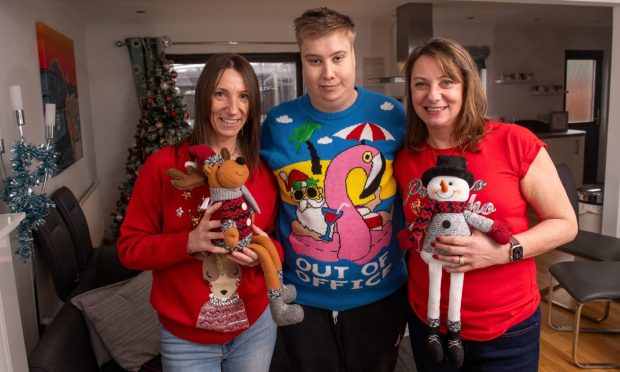
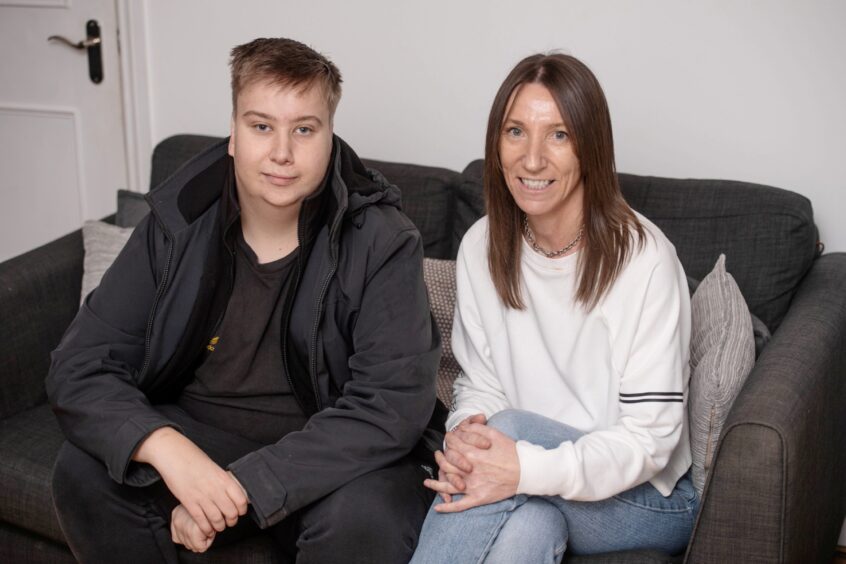
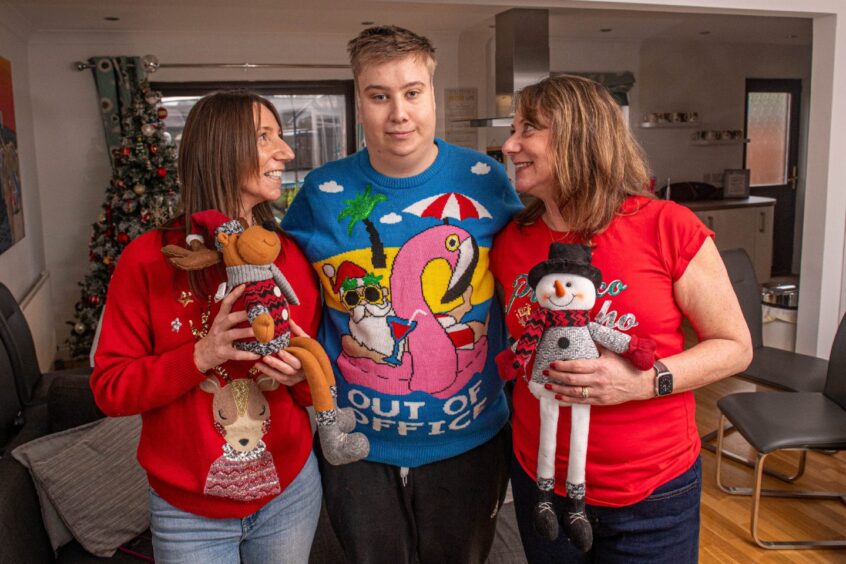
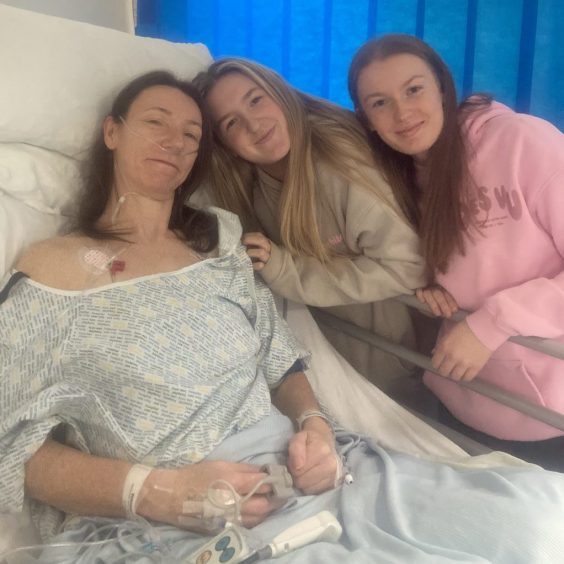
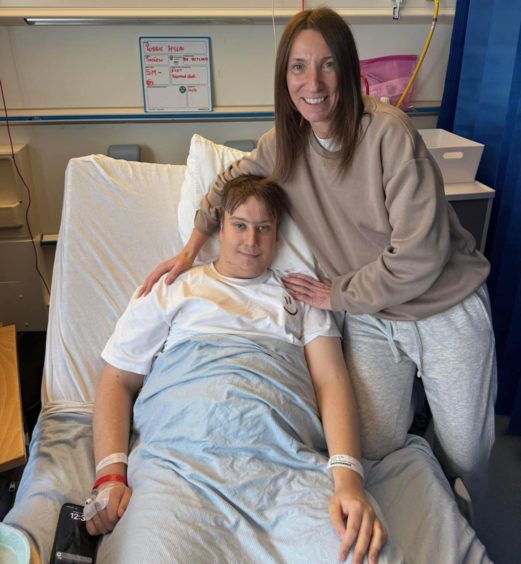
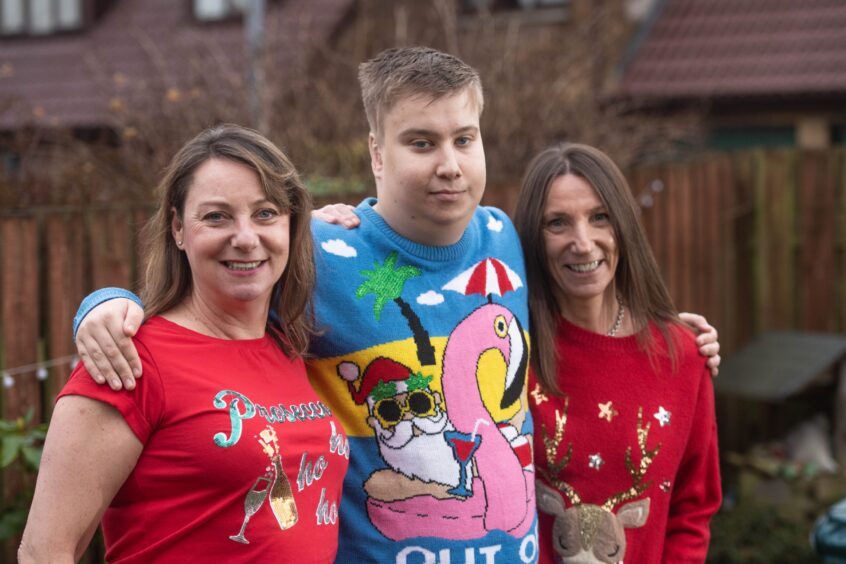
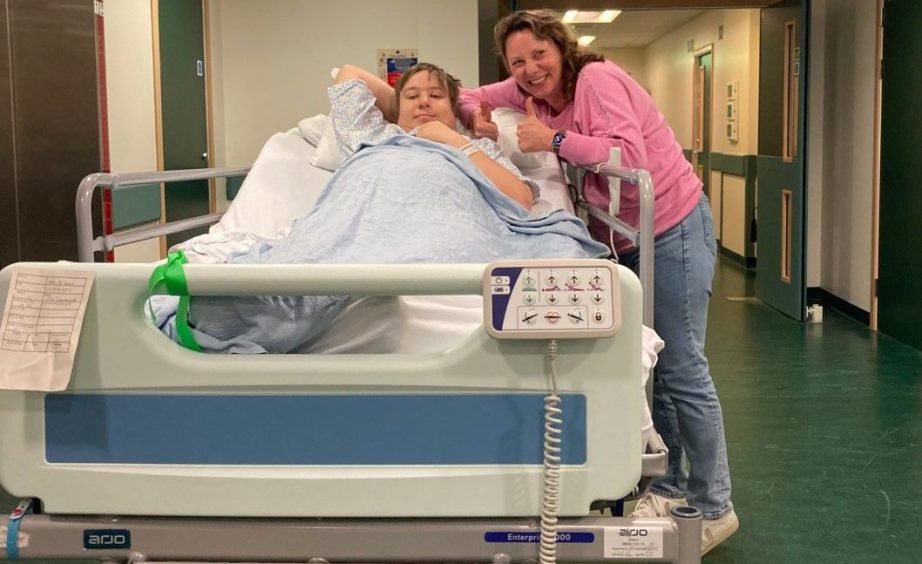
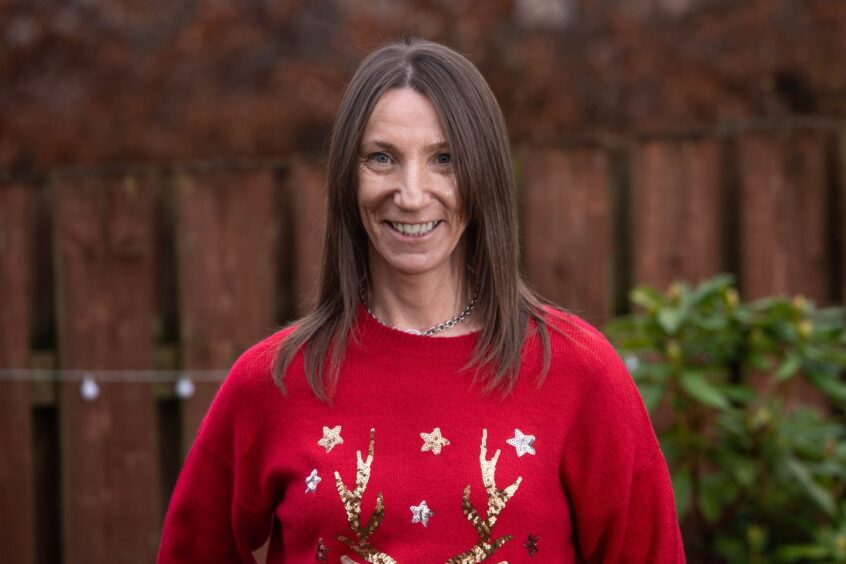
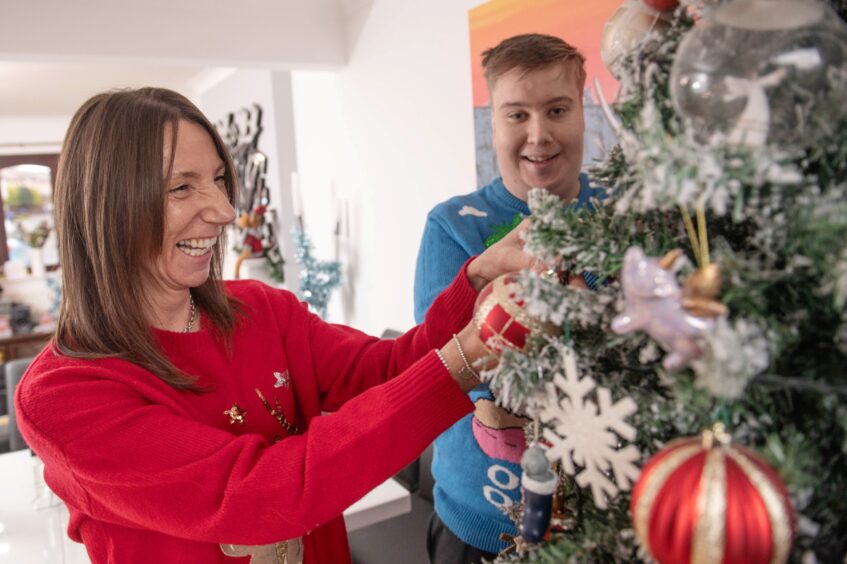
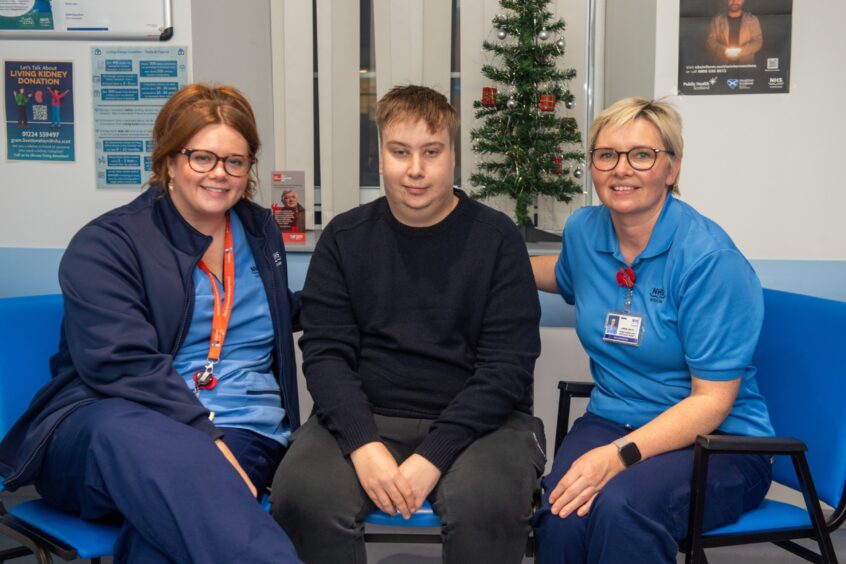
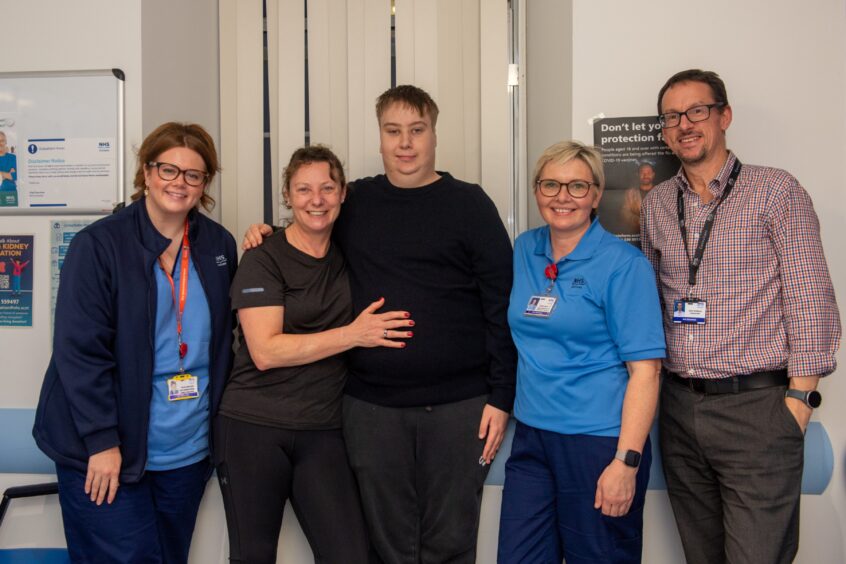
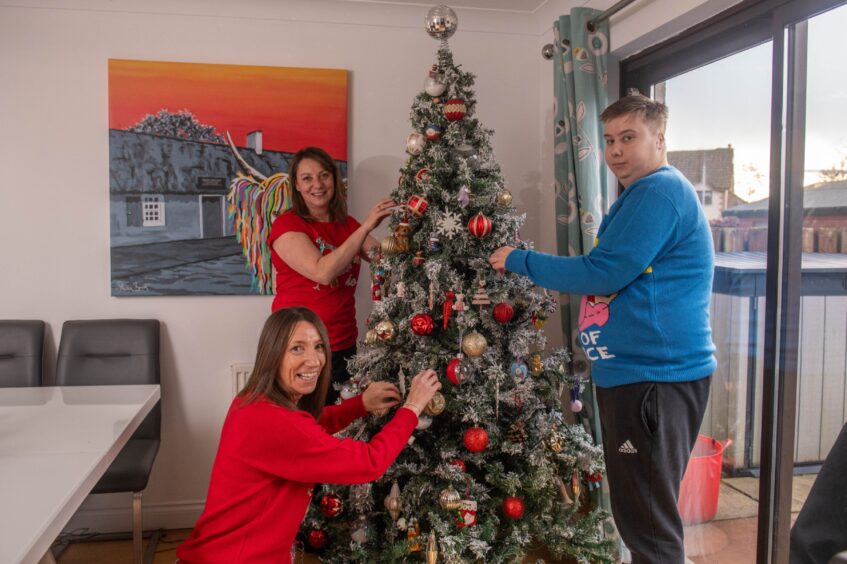

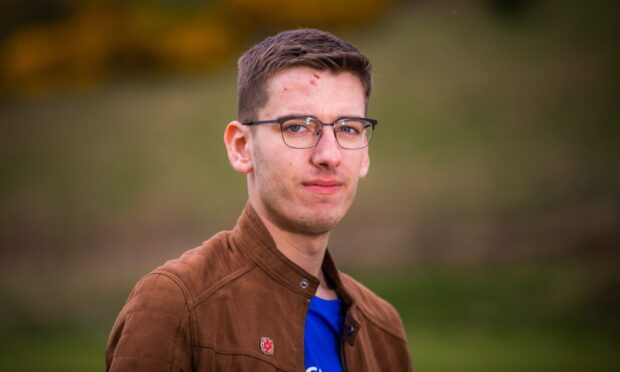
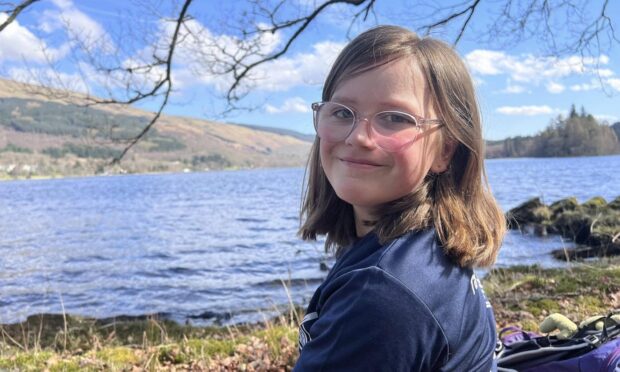
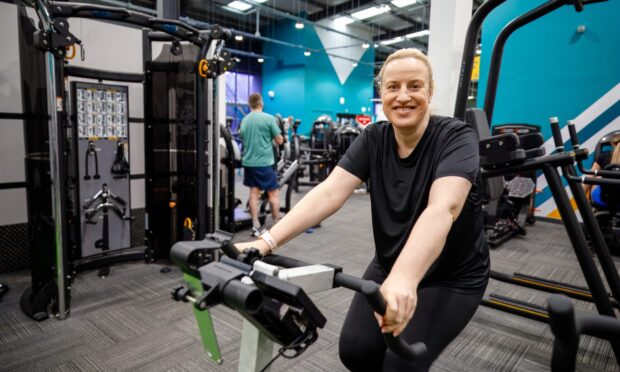
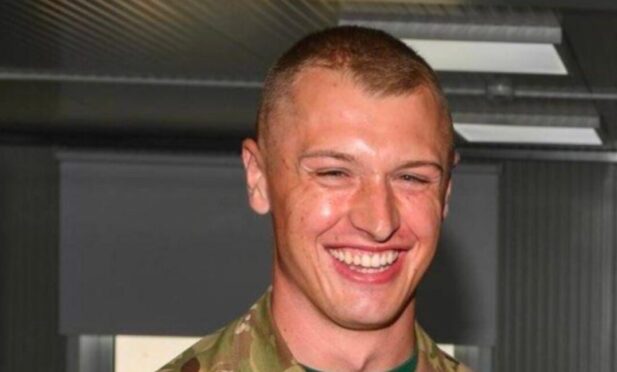
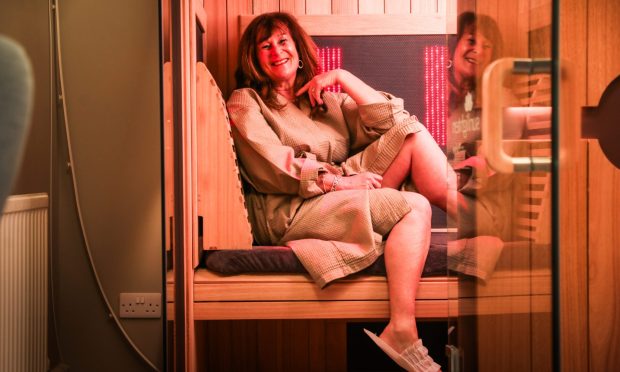


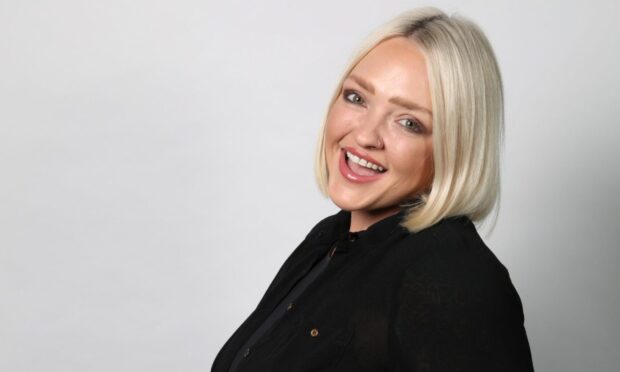

Conversation